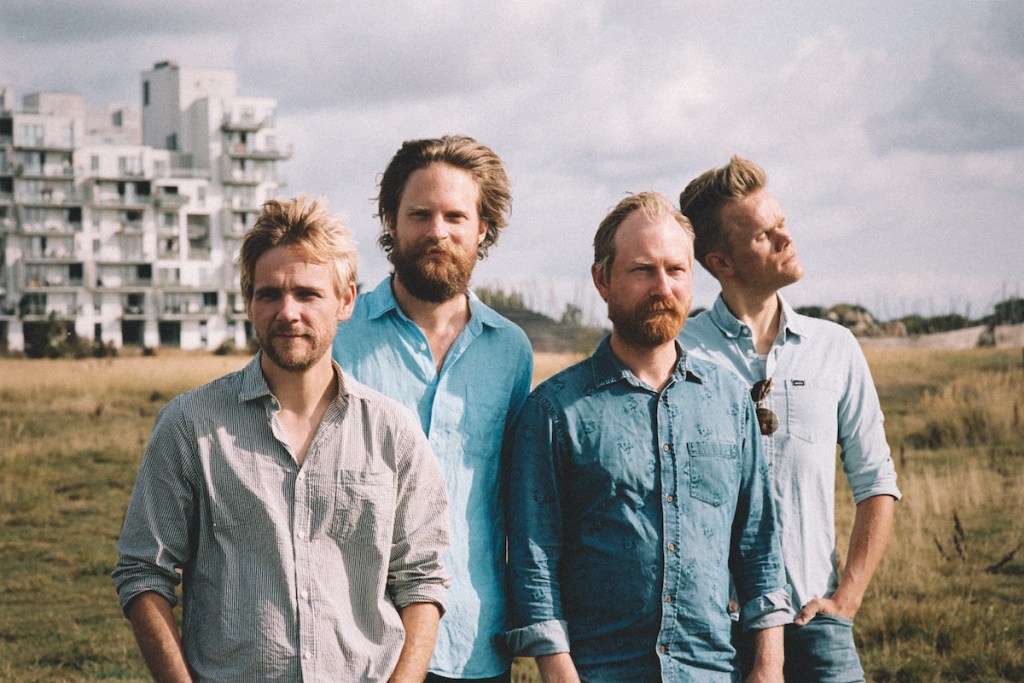It’s a common programming procedure in the chamber music world to pair works from the standard repertoire with new compositions. Do people come for the familiar and stay for the new, or is it the other way around? At this genuinely brilliant recital by the Danish String Quartet, the answer was both. In the first part of the concert, that quartet stretched out in a dreamy exploration of Franz Schubert’s massive and intoxicating String Quartet in G Major, D. 887, op. 161. Violist Asbjørn Nørgaard introduced the piece by calling attention to Schubert’s immense authority as a composer of songs, saying that the composer’s gift for melody serves to slow the listener down, even to the point where one’s conscious mind “goes away for a little bit,” as he put it. The DSQ’s performance of this lengthy piece was sensational — focused, symmetrical, and perfectly blended, offering listeners an ideal opportunity to appreciate the composer’s expansive lyricism and adventurous dynamics.
The second half featured the premiere of Bent Sørensen’s Doppelgänger along with the DSQ’s arrangement of Schubert’s Doppelgänger lieder from the Schwanengesang cycle. Sørensen’s piece gave immediate notice that whatever explicit relation it might bear to the work of Schubert, this was 21st-century music, make no mistake. The DSQ excelled in revealing the inherent musicality within the composer’s rich vocabulary of extended techniques and sonic effects. The musicians growled as one in the slow opening section of the second movement, and they sent up airy clouds of organ-like chords when called upon to do so. The finale, a superb transformation of Schubert’s Doppelgänger song into the musical idiom of the string quartet, expressed the eerie dilemma of the besotted and bewildered protagonist with uncanny vitality.
This edition of ON Culture was originally emailed to subscribers on August 13, 2024. To receive Leslie Dinaberg’s arts newsletter in your inbox on Fridays, sign up at independent.com/newsletters.

